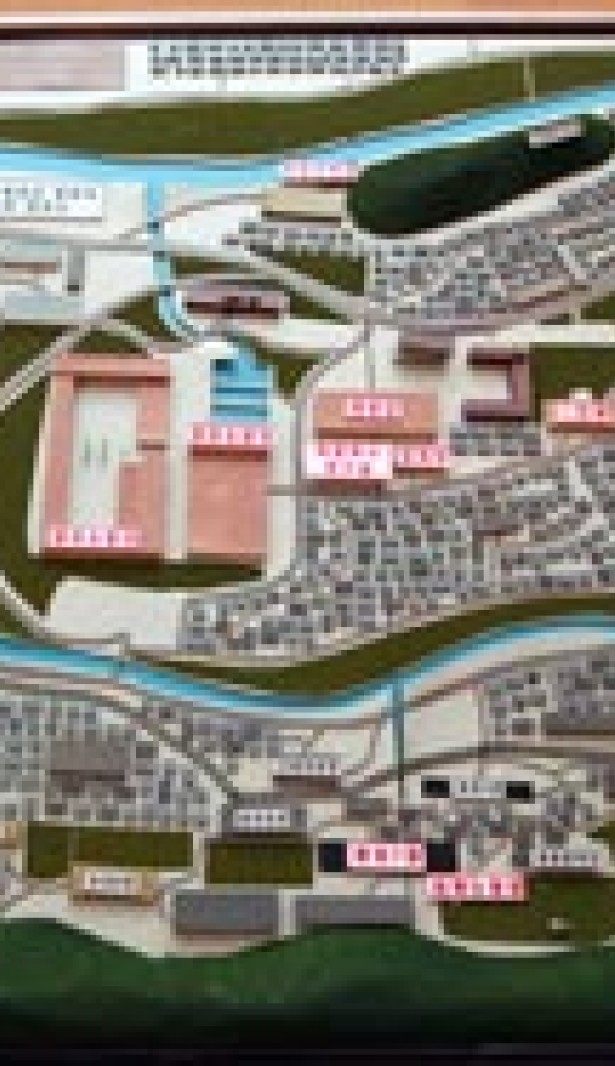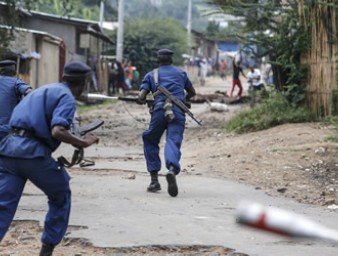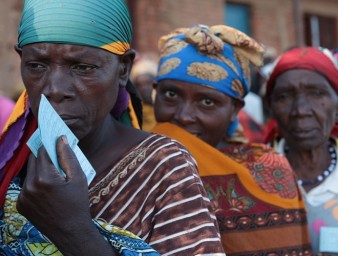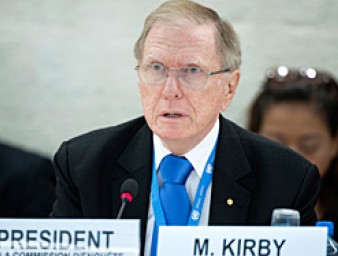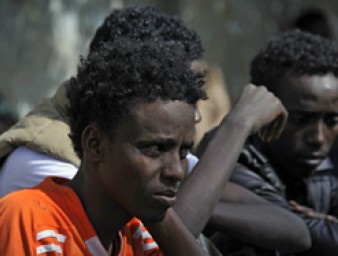Democratic People’s Republic of Korea: crimes against humanity revealed
02 April 2014
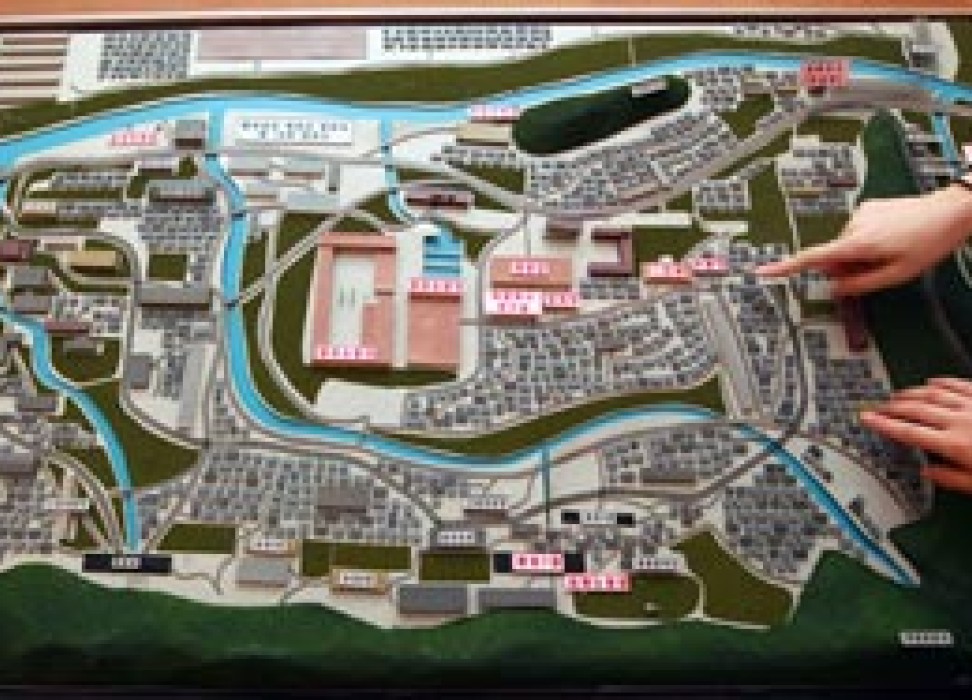
Shin Dong-hyuk was born in Political Prison Camp No. 14, the only known escapee from the so-called “total control zone” of a political prison camp in the Democratic People’s Republic of Korea (DPRK).
“In front of all the inmates, political prisoners, and in front of my father and myself, my mother and older brother were publicly executed,” he said.
“My mother was hanged in front of me and my father.”
Jee Heon A, a victim of forced repatriation and forced abortion in DPRK, recalls a rare moment when a baby was born in the detention centre in the city of Chongjin of Hamgyong Province. The joyous moment took a tragic turn when a security agent told the new mother that she must drown her own child.
The mother pleaded for her baby’s life.
“But this agent kept beating this woman, the mother who just gave birth,” Jee Heon A said. “And the mother, with her shaking hands, picked up the baby and put the baby face down in the water. The baby stopped crying and we saw water bubbles coming out of the mouth of the baby.”
These accounts of horrific atrocities were from among the 80 witnesses and experts interviewed during the public hearings held by the Commission of Inquiry, which was established by the UN Human Rights Council to investigate systematic, widespread and grave human rights violations. Denied access by the DPRK Government, the Commission conducted these public hearings in order to provide evidence in the report with first-hand accounts in Seoul, Tokyo, London, and Washington, D.C. In addition, the Commission conducted confidential interviews with over 240 witnesses who did not appear in public for fear of reprisals.
The unprecedented report of the Commission of Inquiry on Human Rights in the DPRK documents in great detail the wide-ranging array of crimes against humanity being committed in the country. The report was presented to the UN Human Rights Council’s 25th Session in Geneva, Switzerland. “The gravity, scale and nature of these violations reveal a State that does not have any parallel in the contemporary world,” the report states.
The Commission of Inquiry has found grave human rights violations in North Korea, including violations of the freedoms of expression; discrimination; freedom of movement; right to food and right to life; arbitrary detention, torture, and execution; abductions and enforced disappearances from other countries. The Commission also found crimes against humanity that entail extermination, murder, enslavement, torture, imprisonment, rape, forced abortions and other sexual violence, persecution on political, religious, racial and gender grounds, the forcible transfer of populations, the enforced disappearance of persons, and the inhumane act of knowingly causing prolonged starvation.
These crimes are committed against inmates of political and other prison camps; against starving populations; against religious believers; and against persons who try to flee the country. It is estimated that between 80,000 and 120,000 political prisoners are currently detained in four political prison camps, according to the report.
“These are the ongoing crimes against humanity happening in the Democratic People’s Republic of Korea, which our generation must tackle urgently and collectively,” said Michael Kirby, Chair of the Commission, during the presentation of the report. “The rest of the world has ignored the evidence for too long. Now there is no excuse, because now we all know.”
The report highlights the fact that the DPRK, as a State Member of the United Nations, has “pursued policies that shock the conscience of humanity raises questions about the inadequacy of the response of the international community.” The international community must accept responsibility to protect the people of DPRK and hold the government accountable, according to the report.
The Commission presented several recommendations to the DPRK in its report including the implementation of political and institutional reforms to create an independent and impartial judiciary as a way of introducing “genuine checks and balances upon the powers of the Supreme Leader and the Workers’ Party of Korea”. The Commission recommended that the DPRK acknowledges the existence of all human rights violations, the dismantling of all prison camps and the release of all political prisoners and providing international organizations with access to the camps and their victims. The report also recommended that the UN Human Rights Office establish a field-based structure to follow up on the Commission’s work.
On 28 March, the Human Rights Council adopted a resolution on human rights in DPRK, focusing on the Commission’s findings and follow-up to its recommendations. It stressed that the DPRK authorities had failed to prosecute those responsible for crimes against humanity and other human rights violations, and encouraged the international community to cooperate with accountability efforts and ensure that these crimes do not remain unpunished.
“Satellite images show the Democratic People’s Republic of Korea, at night, immersed in darkness in stark contrast to the blazing lights of its neighbours,” Kirby said. “This visual impression epitomizes the accounts conveyed to the Commission by the brave witnesses who came before it. Their country is a dark abyss where the human rights, the dignity and humanity of the people are controlled, denied, and ultimately annihilated.”
2 April 2014
